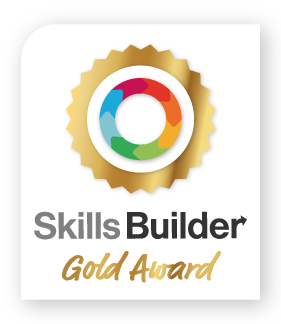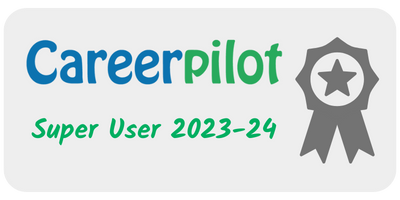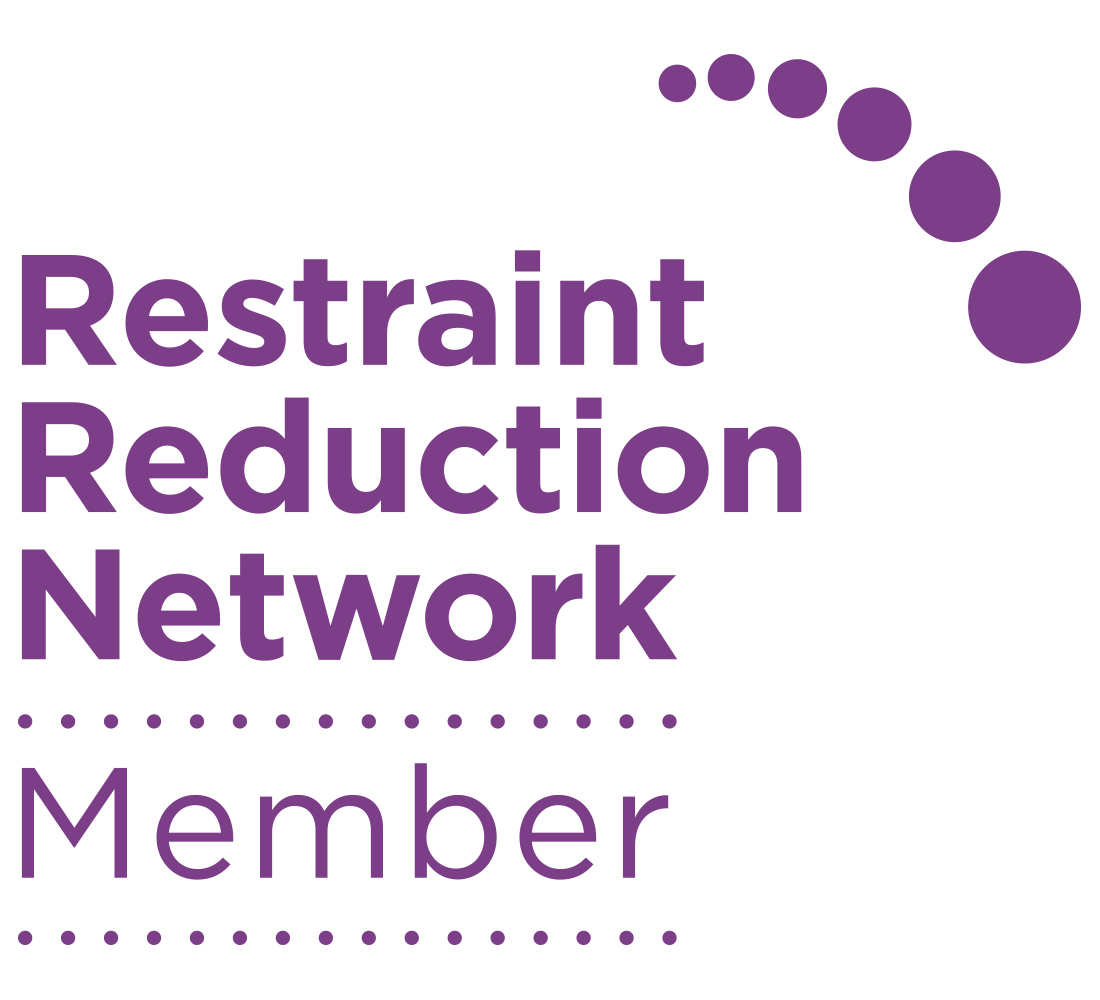PSHE
Why do we teach PSHE?
We teach PSHE (Personal, Social, Health and Economic education) because it helps our pupils to stay healthy, safe, and prepared for life and work in modern Britain.
Intent
PSHE helps our young people to develop knowledge, skills, and qualities they’ll need to deal with the opportunities, challenges, and responsibilities they’ll face as they grow up. This includes emotional intelligence, self-esteem, self-worth, and resilience, helping them to thrive now and in the future.
We explore how to deal with critical issues our young people face every day such as friendships, emotional wellbeing and change. Pupils can develop understanding so that they live confident and independent lives as individuals who feel that they belong in society. We hope, for example, that our young people are more likely to recognise positive relationships, and to recognise how to exercise self-care.
We also believe that addressing topics in PSHE can assist with fulfilling academic potential, through targeted work such as goal setting, but also through developing self-belief and expanding horizons to understand the positive impact that a good educational foundation can make to a pupil’s life.
PSHE has a vital role to play in safeguarding. It helps our pupils to recognise unhealthy relationships and unhealthy lifestyle choices, providing alternatives and strategies to manage these. PSHE clearly signposts where our pupils can find help if they need it and explores how pupils can support each other in a safe, non-judgmental environment.
Implementation
At ACE we are trauma informed. This is embedded throughout our PSHE provision, as we recognise that our young people often come to us with trauma and therefore a unique set of needs. Whilst we have timetabled PSHE sessions and a scheme of work across all bases, the content is tailored to our individual pupils. We understand their triggers and know that some topics must be handled extremely sensitively and in the right moment. We use Jigsaw at KS2 and KS3, leading to a WJEC Personal Social Development qualification in KS4. However, our pupils’ journeys through the content are rarely linear, and more frequently “jump” backwards and forwards, depending on their individual needs at any particular time.
At ACE, we recognise that learning in PSHE often arises through an informal curriculum: during LOTC, practical activities such as cooking, during a walk, at lunchtime etc. All practitioners are trained to be able to respond appropriately and deal with questions sensitively and with accuracy as they arise. This is a key and important part of our PSHE provision, as it ensures we address misconceptions and knowledge gaps.
Impact
We recognise that impact in PSHE is extremely difficult to measure. Whilst we hope we teach our young people the skills required to navigate their lives, we cannot always determine how well our young people draw on this knowledge. This is because they may use their learning in their wider lives, outside of school time or after year 11, or may not be explicitly aware that learning has taken place. However, some impact may be obtained through anecdotal evidence, such as a pupil telling us how they managed a situation outside of school, or ex-pupils returning to visit us.
For further information about PSHE and RSE you can visit the following website:
PSHE education: a guide for parents | www.pshe-association.org.uk
Curriculum Maps and Further Information:









